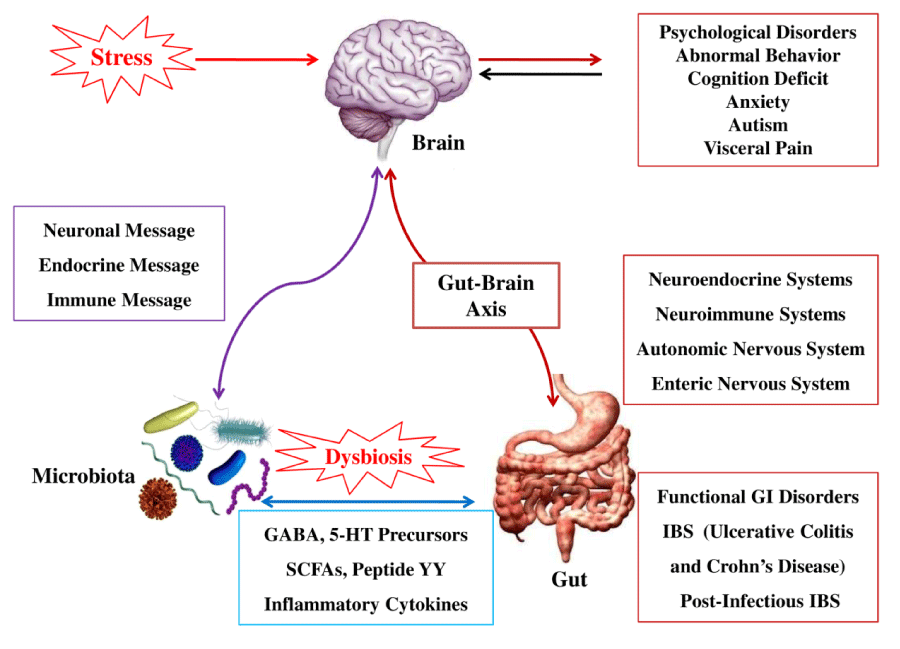Nutritional Self-Care: What Is Mindful Eating and How It Supports the Gut-Brain Axis
- kukyoto22
- May 14, 2025
- 3 min read
Updated: May 15, 2025
In today’s fast-paced world, eating has become a rushed, distracted habit for many. But what if eating could be more than fueling your body? What if it could be a daily act of self-love—one that supports both your physical and emotional health?
Welcome to the practice of mindful eating—a powerful form of nutritional self-care that allows you to slow down, reconnect with your body, and cultivate balance from the inside out.
Mindful eating goes beyond what’s on your plate. It’s also about how food affects your brain, your mood, and your overall sense of peace—something science now connects through the gut-brain axis.

What Is Mindful Eating?
Mindful eating is the practice of using all your senses to experience food with full awareness and without judgment. It invites you to be present with your food—its textures, tastes, aromas, and the way it makes you feel.
According to Harvard’s Nutrition Source, “Eating mindfully means that you are using all of your physical and emotional senses to experience and enjoy the food choices you make.”

Rather than rushing or emotional eating, mindful eating teaches us to:
Slow down
Recognize true hunger and fullness cues
Notice emotional triggers without shame
Cultivate gratitude for food and nourishment
It’s not about restriction or perfection—it’s about reconnection.
Why Mindful Eating Is a Form of Emotional and Nutritional Self-Care
Eating habits are often emotional. Whether from childhood conditioning, cultural beliefs, or past trauma, many of us have complicated relationships with food. We may use it to numb, escape, or even punish ourselves.

Mindful eating helps shift that relationship into one of compassion. It allows you to:
Pause and check in with how you feel before eating
Make choices that support your energy and well-being
Remove guilt and self-judgment around food
Empower yourself to trust your body again
Over time, this kind of awareness leads to deeper emotional balance and inner peace.
The Gut-Brain Axis: Why Your Gut Health Affects Your Mind

The gut-brain axis is a two-way communication system between the gastrointestinal tract and the brain. What happens in your gut doesn’t stay there—it affects your thoughts, emotions, and mental clarity.
According to the Cleveland Clinic, the gut-brain axis plays a critical role in regulating mood and mental health. A healthy gut supports a healthy mind—and mindful eating helps nurture both.
When gut bacteria become imbalanced—a condition known as dysbiosis—it can contribute to issues like:
Anxiety
Depression
Brain fog
Irritability
Digestive disorders such as IBS

Stress and trauma also directly affect the gut, creating a cycle of physical and emotional distress. This connection is especially important for people who have experienced long-term stress, trauma, or emotional suppression.
Vivien Ndebele explores this powerful link in Chapter 2 of her book Reinvent Yourself, where she discusses how food choices and gut imbalance directly influence brain function—and vice versa. As she explains, healing the gut is not just about digestion; it’s about reclaiming emotional and mental wellness from the inside out.
How to Support a Healthy Gut-Brain Axis Through Mindful Eating
Here are a few simple yet powerful ways to begin aligning your eating habits with better gut and brain health:
🥦 1. Choose Whole, Fiber-Rich Foods
Vegetables, fruits, whole grains, and legumes feed beneficial gut bacteria and support digestion.
🧘 2. Eat in a Calm, Present State
Rushed or stressful eating affects digestion. Breathe deeply, sit down, and be present with your meal.
💧 3. Hydrate and Chew Thoroughly
Good digestion starts in the mouth. Chewing well helps your body absorb nutrients and reduces digestive stress.
✨ 4. Listen to Your Body
Tune in before, during, and after eating. Are you truly hungry? How do certain foods make you feel emotionally and physically?
🌿 5. Avoid Judgment
There’s no such thing as “perfect” eating. Instead, aim for balance, self-compassion, and awareness in your choices.
Final Thoughts: Nourish Your Body, Support Your Mind

Mindful eating isn’t a trend—it’s a return to your body’s wisdom. When you slow down, listen, and eat with intention, you support more than just digestion. You cultivate peace, clarity, and emotional resilience. You nourish your gut-brain connection—one of the most powerful systems supporting your overall well-being.
As Vivien shares in Reinvent Yourself, healing is holistic. It involves caring for the body, the mind, and the emotional wounds that live in between. Nutritional self-care is one of the many tools that can help you feel safe, strong, and whole again.
If this post resonates with you, dive deeper into this journey in my book Reinvent Yourself—especially Chapter 2. And if you’re looking for support in applying these tools with like-minded peers, connect with me through Instagram or LinkedIn to learn more about my self transformational program and how to be your best self.

Comments